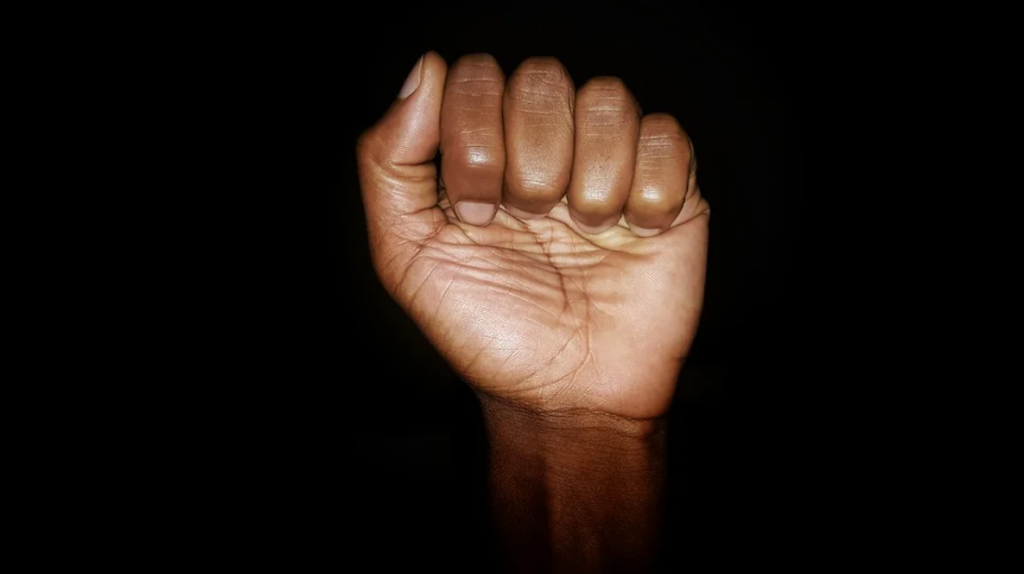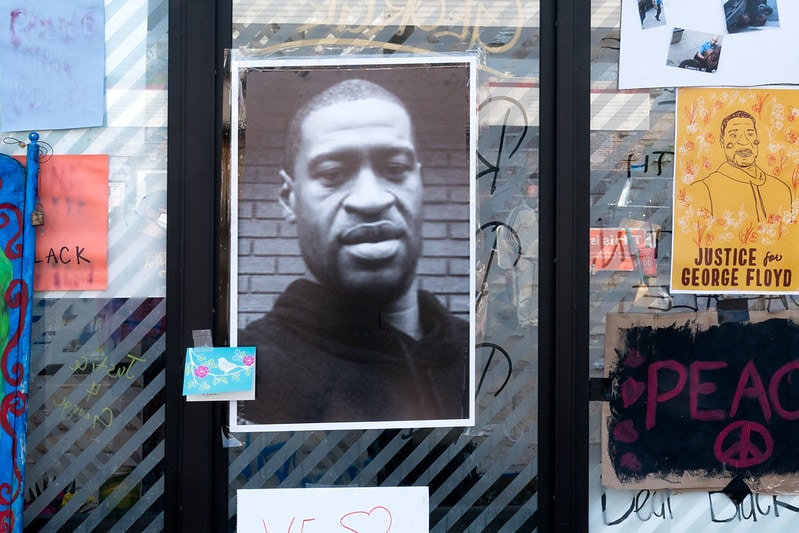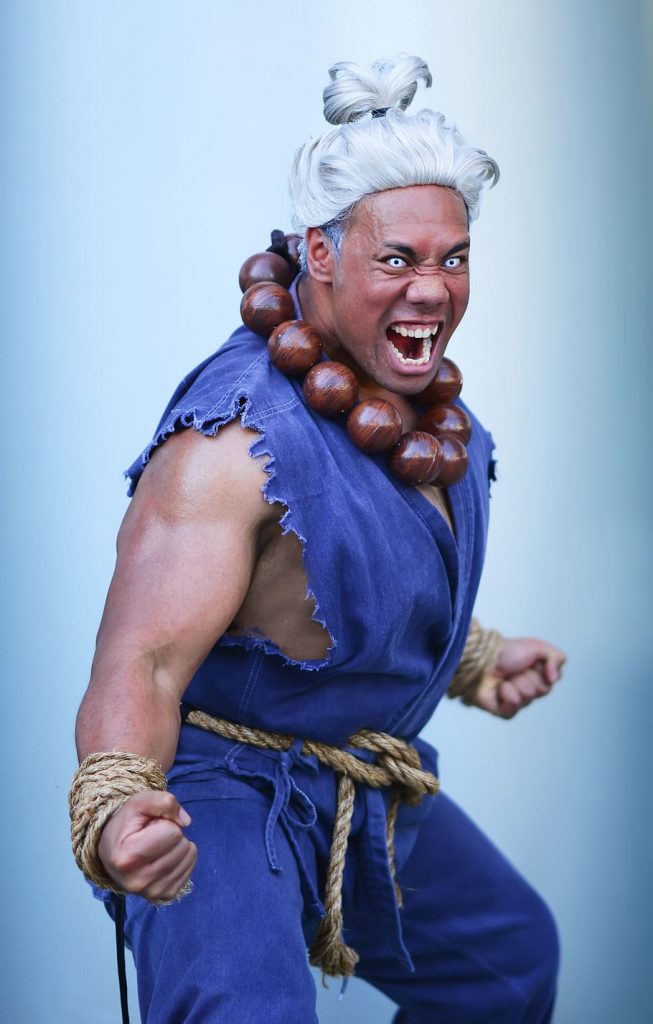
The Gaming Community Still Isn’t Ready to Talk About Race
There’s no easy or delicate way to say it: a more vocal portion of the gaming community, typically straight White males, have difficulty with confronting the issues that affect Black people and other racial and ethnic minorities outside of their comfortable enclaves. Even the term “Straight White Male” has been reappropriated as a sort of label of oppression and a shield to deflect against even acknowledging the myriad systemic problems that affect Black communities, outside and within the realm of gaming. It is a disservice to pretend that this number is only a loud minority online, and the opinions that are expressed freely online aren’t the kindling for the same damaging narrative and attitudes offline.
Video games have had the power to connect and create common ground between people. It has long been cited by young White men as one of the “nerdy” hobbies that were an escape from the harsh realities of our world. Whether it was from problems that were personal in their lives, or tragic, polarising world events, those who felt they were ostracised by society as a whole found a home in fictional worlds, being the heroes of their own narratives. Just a few short years ago, the number of video game protagonists overwhelmingly being the brooding, grizzled, macho, emotionally tortured, middle-aged White male was almost the status quo in the most popular games. In fact, it was a trope so ubiquitous, it became a long-running joke. Characters like Marcus Fenix, Agent 47, Alan Wake, Joel from The Last of Us, Booker DeWitt, Nathan Drake, Solid Snake, and John “Soap” MacTavish became among the most defining protagonists of their generation, with an enduring impact. The number of these White male characters were beyond counting.
Of course, that in and of itself, is no bad thing. But this paradigm helped to create an aura around gaming that this was the norm since the advent of the medium. Like the rest of society, this demographic was well-catered to; anyone else simply a guest at the table. There was no skirting what should be an obvious conclusion: there was a serious dearth of Black and Brown protagonists in video games. They were the default. Any other character created to break that mould was simply a deviation.
WIthin the industry, game developers and publishers had been long reticent to reveal the statistics of ethnic diversity within the workforce. UKIE, the trade association body in Britain released their first ever census this year. It’s clear that with the change in the social climate, work is being put into redressing the imbalance that existed within the workplace. After all, if there weren’t more Black, Brown, Indigenous and people of colour creating the art, writing the code, writing the stories—and most importantly—leading the direction, how was there meant to be any positive change?
In the UK, the number of BAME (Black, Asian, and Minority Ethnic) people in the game industry was only 10%. The Black people within that number was a mere 2%. For all the calls for increased diversity, It is evident why there has been such reluctance to make the effort into creating such a study before now: it would lay bare the fact that attempts to attract BAME talent have been subliminally anemic at best and deliberately negligent at worst. As a minority, you are often told that the reasons the number of BAME figures in the industry is so low are simply because there aren’t enough minorities who are interested in game development and that the “best people” get hired for the jobs available. What messages are aspiring Black programmers, artists, producers, writers, actors, community managers and the like supposed to glean from an insulting statement like that? 178.7 million people in the United States alone played video games in 2018, including Black and Brown people. How do we reckon with that kind of logic? How do we even begin to dismantle it?

The murder of George Floyd, a Black man by a White police officer over a month ago set off an incredible domino effect of events across the world. In addition to a staggering number of protests showing righteous indignation regarding police brutality and institutional racism in the United States, it also shone an uncomfortable light on our own lives. Life affected art as much as art affected life. Businesses from small family-owned operations to multinational conglomerates posted on their respective social media accounts near-simultaneously that they were committed to increasing diversity and tackling racism in the hiring process, in the workplace, and in their products as well as donating to anti-racist organisations within the community.
If you’re a Black person, it’s hard to not be completely cynical. Black people are murdered at the hands of the police in the US nearly every day. Why did it take this particular tragic event for the world to finally stand up and take notice? Why after so many BAME employees pointed out systematic injustices within their organisation and the world at large with worthless “think tanks” and feckless “diversity and inclusion” training meetings, lip service was paid, yet they were largely ignored when it came to policy changes? Was this simply another marketable event on corporations’ social media calendars? Another tax write-off masquerading as social responsibility? Or is this an actual watershed moment that will bring along tangible change in the studios, the media products they create and the fans that enjoy the entertainment. The dust has settled, but it will take time to see the results, if any.
Like with other aspects of everyday life, pointing out the covert, subtle and insidious damage that racism inflicts is often an uphill struggle; one that takes such a mental toll on Black people that it is often easier to stay silent and allow microaggressions to go unchecked. Too often, marginalised people have to worry about speaking up about the systematic problems that affect them. The “IRL” gaming scene has often found itself to be no safe refuge for Black gamers and cosplayers, who are made to feel unwelcome and unsafe in predominantly White cons and meetups.

Black cosplayers have to fight a war on multiple fronts. They grew up enjoying the same incredible experiences, and hold iconic characters in the same high regard, and yet, they don’t have the luxury of relating to characters in the same subconscious that White gamers do. Still, despite this, they express themselves within the gaming community by creating cosplays of their favourite characters just like their White counterparts. The best part of cosplay is a person being able to bring their own individual flair to a character’s design and personality, but Black cosplayers are told all kinds of that they “ruined” the character, or have to be the recipients of verbal harassment and death threats online. Black characters don’t have characters that look like them in enough numbers to cosplay from exclusively, but they shouldn’t have to. Anyone should be able to cosplay as any character they want, but this is yet another symptom of racism infecting gaming communities.
Those in positions of power will continue to deny that racism exists because to deny its existence is to deny reality. To deny that reality is the final bastion in having to admit that racism must be confronted directly. One thing is certain: the widespread media coverage has brought to the fore the inconvenient fact that these issues can no longer be excused and ignored with empty platitudes and lip service.
Very often, I hear the question, “What can I do?” “How do I help change things?” The truth is, as a Black person, when you’re asked that question, it can be nigh-on impossible to provide a convenient, succinct sound bite. The most important thing to do is to begin to take the steps to listen to the voices of the marginalised groups in these gaming spaces and be mindful not to speak over those people and their experiences. The work doesn’t end there; that is simply the very first step in committing to proper allyship and fostering a more welcoming gaming community.
Like movies, television shows and books, the interactive media we consume reflects who we are as a society. How can Black people see who we are if we’re not there?






“The best part of cosplay is a person being able to bring their own individual flair to a character’s design and personality, but Black cosplayers are told all kinds of that they “ruined” the character, or have to be the recipients of verbal harassment and death threats online.”
What if I wanted to cosplay as Black Panther or Blade as a beige skinned guy?
Wouldn’t you call me “racist” and throw verbal harassments or even ban to enter specific conventions?
I can’t speak of what specific cons and contests would do, but anyone should be able to cosplay as whichever character they want. That’s part of the message of the article. To say otherwise is completely wrong. The issue that Black people and minorities have with White and lighter-skinned people cosplaying as Black and darker-skinned characters is that many partake in blackface to do it. Blackface has a horrific and damaging history of mocking Black people and perpetuating that by painting your skin to look “authentic” continues that—even if there was no malice intended. Not saying that’s what you would personally do at all, but that is part of what makes White people cosplaying as Black characters so problematic.
So, if you’re White or lighter-skinned, you can absolutely be Black Panther, Blade or whoever you like. You just don’t have to paint your skin brown in the process. It’s less work that way, anyway. And don’t worry about what other people think.